Trump’s Middle East tour: Investments, arms, and deals Washington sets its priorities
U.S. President Donald Trump has embarked on a four-day tour of the Middle East. According to Al Arabiya TV, he has already arrived in Saudi Arabia. His itinerary also includes visits to Qatar and the United Arab Emirates (UAE). Since taking office on January 20, 2025, this is Trump’s first major overseas trip. It is no coincidence that Saudi Arabia was the first country he visited in the region—just as it was during his first presidential term (2017–2021).
Economy as the dominant driver of Trump’s policy
After assuming office, Trump announced his readiness to make Saudi Arabia the destination of his first foreign trip—on the condition that large-scale investment agreements were reached. It appears the gamble paid off. Riyadh declared its intention to invest around $600 billion in the U.S. economy, prompting the American president to suggest that this figure could be rounded up to $1 trillion.
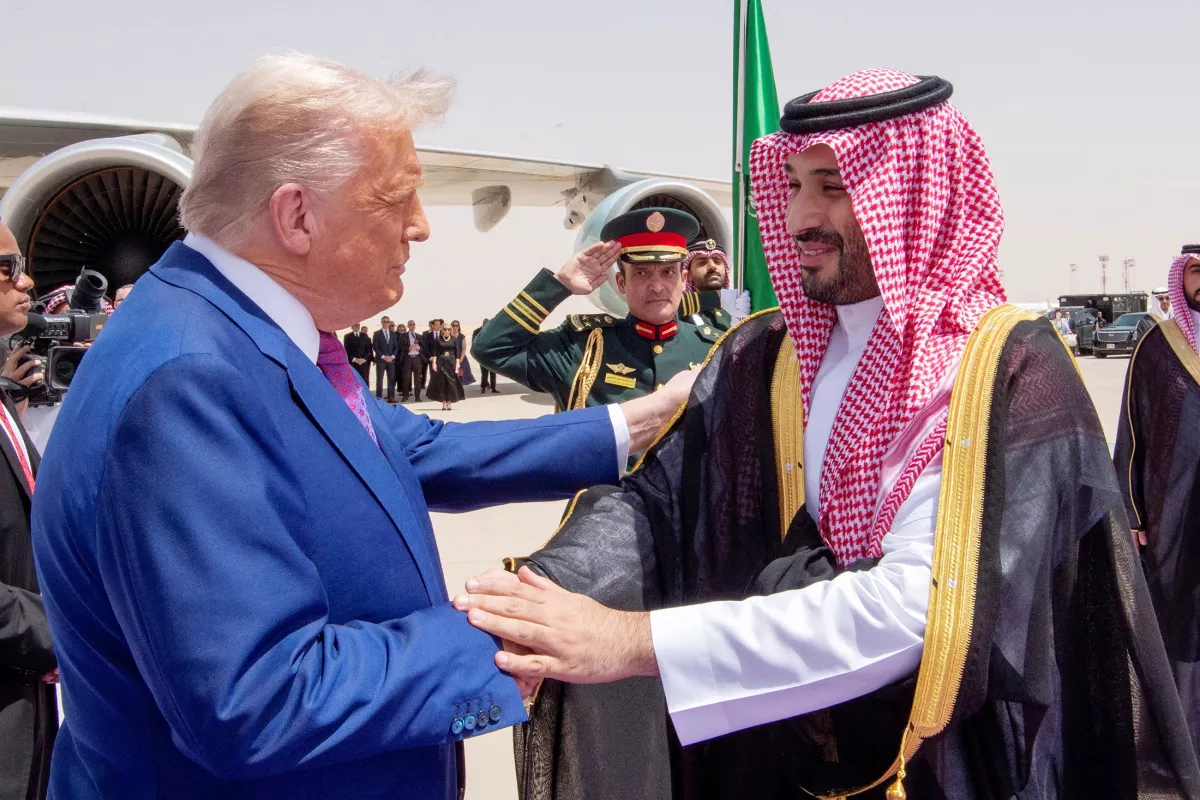
The White House administration’s commitment to mutually beneficial cooperation with Saudi Arabia was significantly reinforced after a major arms deal worth $110 billion was signed between the two countries during Donald Trump’s visit to Riyadh in May 2017.
The American leader also plans to take part in a summit between the United States and the Gulf Cooperation Council (GCC), where he will present his vision of Washington’s role and objectives in the Middle East.
The U.S. has similar plans regarding the UAE. This Arab nation intends to invest $1.4 trillion in the U.S. over the next decade, focusing on infrastructure, artificial intelligence, and semiconductors.
According to AFP, the U.S. State Department recently approved two arms deals with the UAE. The total value of the deals, which include the supply of military aircraft and equipment, is around $1.4 billion. Specifically, the U.S. approved the potential sale of CH-47 Chinook military transport helicopters and related equipment to the UAE, amounting to $1.32 billion.
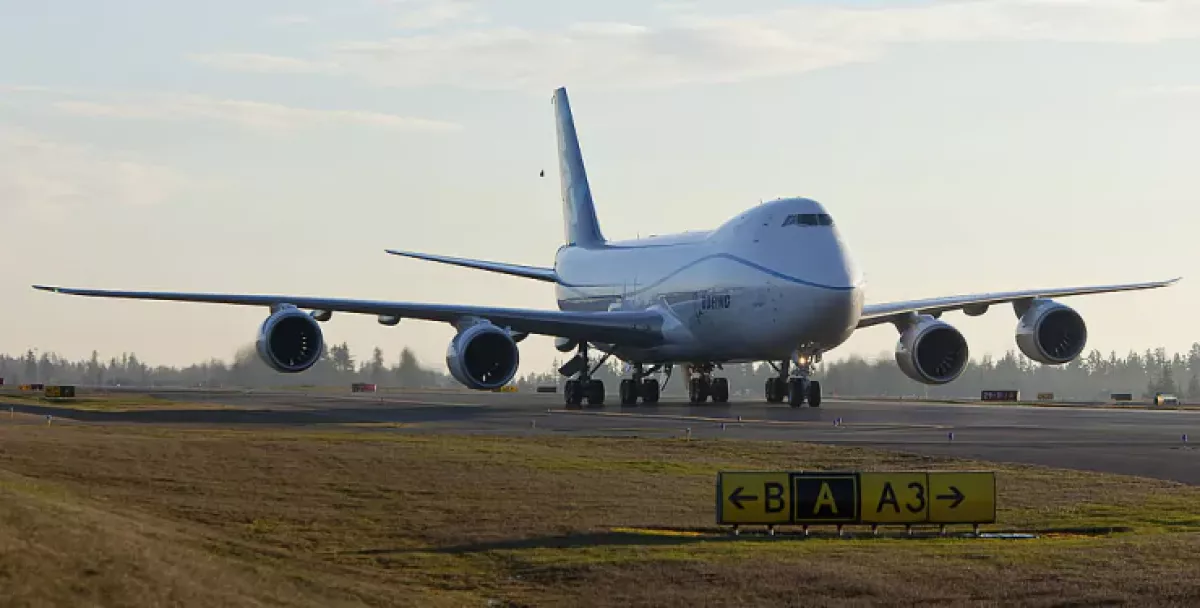
The visit to Qatar is of no less importance for the U.S., as it will mark the final stage of Trump’s Middle East tour. Qatari authorities plan to gift the U.S. a Boeing 747-8, a so-called "flying palace" worth $400 million. According to global media, Donald Trump intends to use this gift from the Qatari government as the presidential aircraft during his time in office.
Thus, American interests in the region are crystal clear: Trump is counting on a significant expansion of Middle Eastern investments in the U.S. economy, including through military cooperation with three Arab countries in the region.
Will U.S. policy in the Middle East change?
Trump’s pragmatic approach to the region shows that, despite the gradual reduction of military presence, the U.S. continues to apply sanctions and political pressure on Iran and Syria.
It was under Trump in 2018 that the U.S. withdrew from the Joint Comprehensive Plan of Action (JCPOA), strengthened ties with Israel and Saudi Arabia, and reduced the American military presence in Iraq and Syria.
The signing of the "Abraham Accords" and the consolidation of countries interested in containing Iran are also significant. This confirms that Trump’s policy is aimed at maintaining U.S. influence while ensuring the dominance of American interests in the region and the world.
Trump is also focused on lowering global oil prices, as this is crucial for accelerating the pace of U.S. economic growth. At the same time, U.S. interest in Arab countries is driven by both economic and military-political factors.
Donald Trump also plans to discuss the Israeli-Palestinian conflict and the possibilities for expanding the "Abraham Accords" in Qatar.
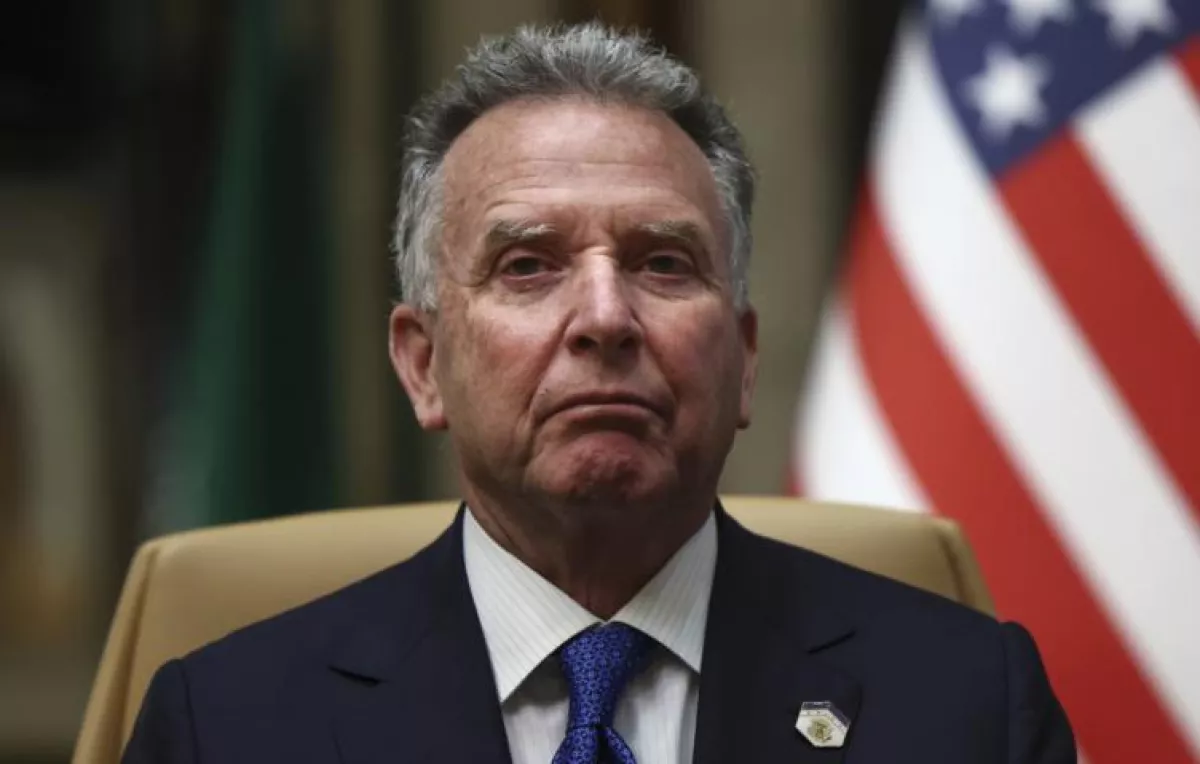
Last week, U.S. Special Envoy Steve Witkoff stated at an event at the Israeli Embassy in Washington that the U.S. plans to work towards expanding the Abraham Accords by 2026.
Under these accords, in 2020, Israel, with U.S. mediation, normalized relations with Bahrain and the UAE, followed later by Morocco and Sudan.
Special attention will also be given to Iran’s nuclear program.
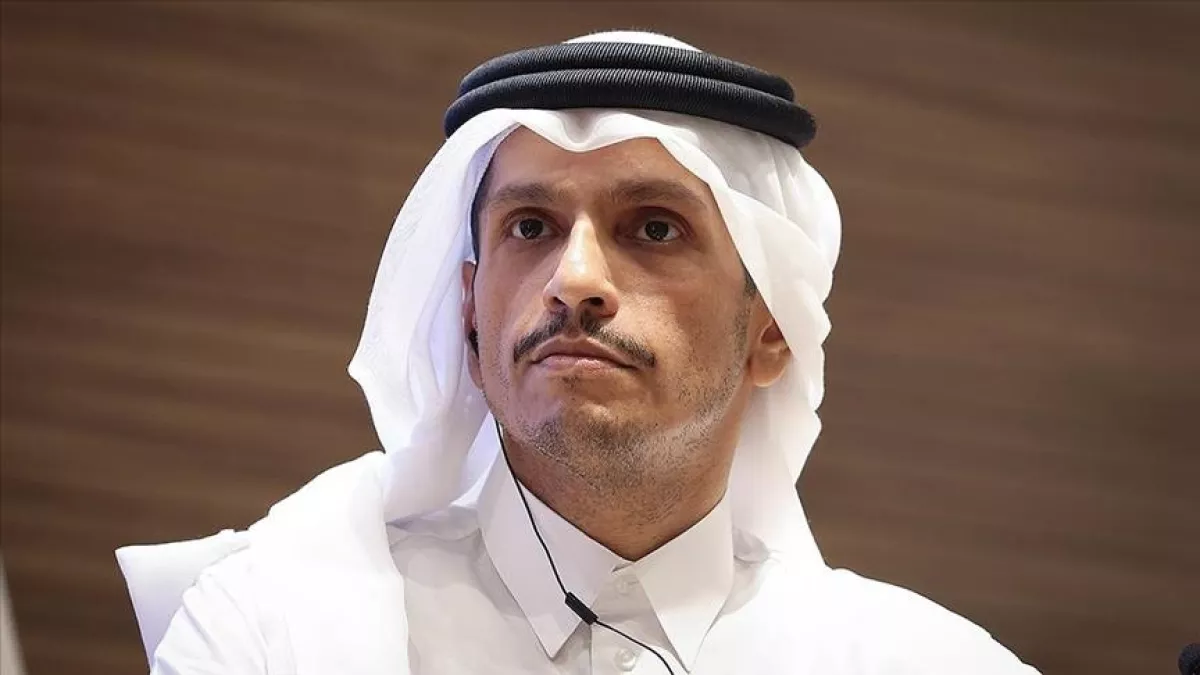
In January of this year, Qatar called on the U.S. to resume negotiations over Tehran's nuclear program. Qatar’s Prime Minister Mohammed bin Abdulrahman Al Thani, speaking at the World Economic Forum in Davos, emphasised that complex issues related to nuclear security must be addressed through diplomatic means.
Saudi Arabia's stance is also well known: back in August 2021, Riyadh declared its support for the JCPOA if Iran abandons its nuclear weapons ambitions. On this critical issue for Washington, the positions of the U.S. and Saudi Arabia align.
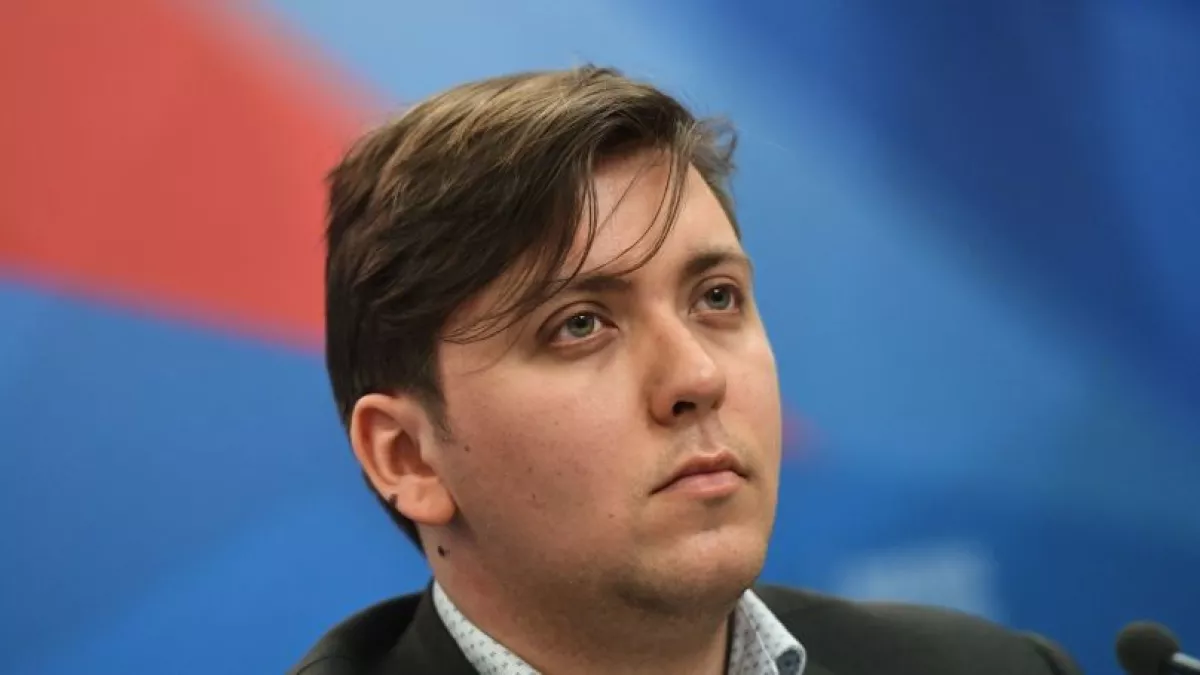
Russian-Israeli political scientist Konstantin Pakhalyuk shared his thoughts with Caliber.Az on Donald Trump’s Middle East policy, highlighting the "Abraham Accords" as one of the undeniable successes of Trump's first presidential term.
“It's hard to talk about Trump's foreign policy: it consists of constant swings and provocative steps. This is the case when a politician is given the language to hide intentions. Experts talk about the possibility of building closer relations, but given the general logic of Trump's actions to get rid of commitments, it is hardly about additional security guarantees - more like an attempt to make a series of deals.
Trump wants stable oil prices and investment in American infrastructure. At the same time, he offers military sales to the Saudis and the development of peaceful nuclear and AI. Saudi Arabia, on the other hand, is strategically determined to play a leading role in the region and become a strong, diversified economy by 2030.
All of this is compounded by three regional conflicts.
The first is the politically frail Iran and the threat of nuclear weapons development.
The second is in the Gaza Strip. Trump’s decision not to visit Jerusalem sends a clear signal to Netanyahu. It is possible that discussions will centre around the parameters for reconstructing the region: investments are needed, external forces are required to maintain order (the Israeli army should clearly not be there long-term, though trust in promises is limited within Israel), and progress on hostages is also crucial. Hamas is supported by Qatar, which is also an ally of the U.S.
Just before the tour, the U.S. announced the beginning of humanitarian shipments to the sector, arranged for the release of one of the hostages, and even halted airstrikes against the Houthis.

The third factor is the growing role of China. However, economically, China has been Saudi Arabia’s main trading partner for over 10 years, and it’s unclear what could change this dynamic.
You may ask whether the U.S. can secure Qatar’s support on the Israel-Palestine issue. I think we’ll see in the next few days. I’m not making any predictions. The key problem is that Gaza needs to be rebuilt, and someone must ensure security there. No one is interested in radicalisation, except Iran and certain radicals in various countries.
Israel opposes the creation of a Palestinian state after a bloody terrorist attack—without resolving security issues and territorial disputes (this will later be technically possible with maximum consideration of mutual positions).
A lot could be solved if there was trust in international law and institutions, but Trump clearly does not intend to rehabilitate these tools,” concluded Pakhalyuk.








